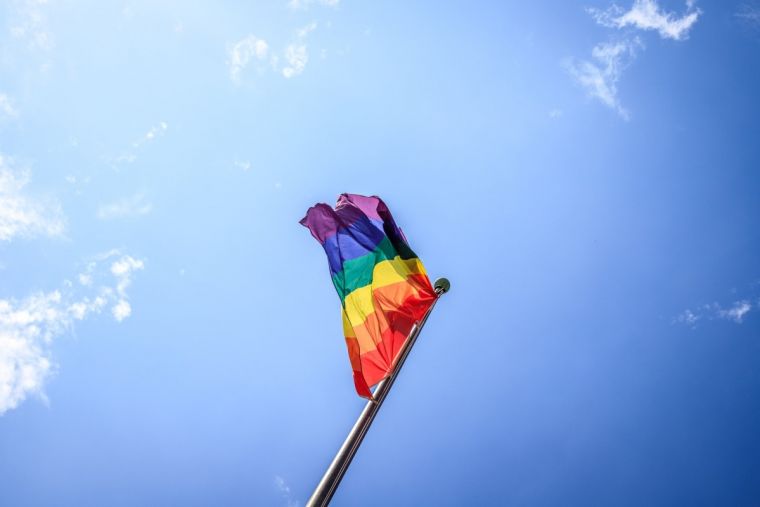Government says prayer will be protected as conversion therapy ban consultation launches

The government has today launched a public consultation on its plans to ban conversion therapy.
The proposed ban has given rise to fears from Christians about the impact on ordinary church activities, including prayer.
Some Christian campaigners supporting the ban have said legislation should include "gentle non-coercive prayer".
Launching the consultation, Cabinet minister Liz Truss promised that prayer and the teaching of religious beliefs would be protected.
"The policy approach set out below will not impact everyday religious practice," she said.
"An adult who wants to be supported to be celibate will be free to do so, parents will remain able to raise their children with the values of their faith, and simply expressing the teachings of a religion will not constitute conversion therapy.
"The government will continue to work with faith communities to develop an approach that is effective in protecting people from harm, while also respecting the right to freedom of religion and belief."
Elsewhere the consultation document states that forms of "talking conversion therapy" covered by the ban "could not be reasonably understood to include communication such as casual conversations, exchanges of views, private prayer or pure speech acts."
The document states, "The government is of the view that talking conversion therapies will have the intention of changing a person's sexual orientation or changing them to or from being transgender. These are the therapies we want to capture."
Elsewhere it adds that adults can consent to counselling.
"The view of the government is that adults should be free to choose to seek out counselling in keeping with personal freedoms," it reads.
"However, the person entering the arrangement must have freely consented and received all the appropriate information about the potential impacts, short and longer term, of such counselling to allow them to do so, otherwise this would amount to an offence."
Responding to the consultation document, Peter Lynas, UK director of the Evangelical Alliance, said concerns about religious freedom and prayer remain.
"We welcome this consultation on conversion therapy and it appears the government are going to honour their two commitments - firstly to ban coercive and abusive behaviours and secondly to safeguard spiritual support," he said.
"However, the Evangelical Alliance has significant concerns as some campaigners have made clear their desire to see every day Christian practices such as prayer and pastoral care being banned. The consultation suggests it will not include 'private prayer' but this is generally understood to mean individual prayer which offers very little protection.
"The government has recognised the importance of human rights, religious freedom, and personal choice but has not done enough to ensure everyday religious practice will not be impacted.
"We will be encouraging our members to respond to ensure an end to coercive and abusive behaviours while ensuring everyone is free to choose the help they want including prayer and pastoral care."
Responding to the document, The Christian Institute has also given the commitments a cautious welcome but said "the devil will be in the detail".
Simon Calvert, a spokesperson for the institute's Let Us Pray campaign, launched this week to protect prayer, said the government must ensure that legislation protects evangelical pastors.
"We welcome the fact that the government has rejected the demands of campaigners who want to criminalise prayers that fail to endorse liberal theology. The government has clearly recognised that this would be a serious breach of human rights," he said.
"However, we have yet to see the specifics of the Government's proposals to ensure it delivers on its pledge. The devil will be in the detail. They must ensure the legislation does not result in vicars being prosecuted for praying with members of the congregation who ask for prayer about their sexuality.
"Everybody supports protecting people from dangerous pseudo-medical practices and physical abuse. The Government's proposals clearly aim to do that. But activists are trying to pressure the Government to bring in a draconian law that would effectively give them a veto on the teaching and practice of churches.
"It is frankly repugnant for them to exploit legitimate concerns about the abuse of gay people to further their own hostility against evangelical churches and the people who worship in them."
The consultation is available online and closes on 10 December.











